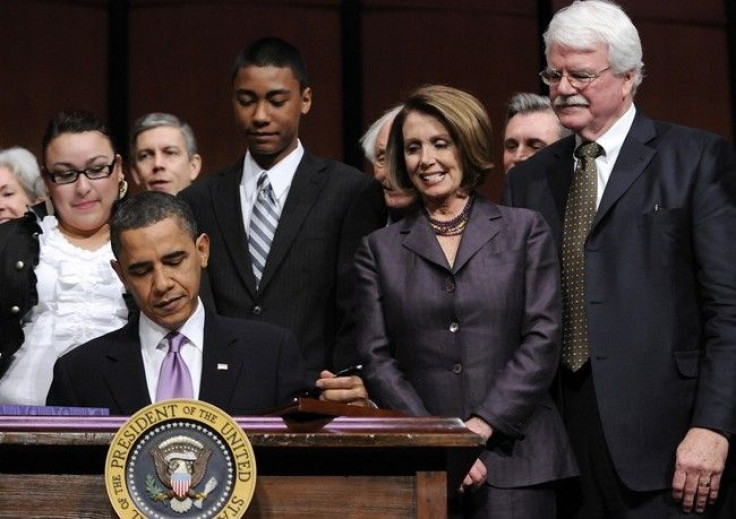Key part of health reform unconstitutional, judge rules

Dealing a blow to a key part of the recently passed U.S. health care reform law, a federal judge ruled Monday it is unconstitutional to requiring individuals to buy health insurance or face a fine.
Congress exceeded its authority by requiring individuals to do so, U.S. District Judge Henry Hudson said in support of a lawsuit brought by the Commonwealth of Virginia.
While Virginia had asked to invalidate the entire 2,500 page bill, the judge's ruling limits itself only to Section 1501, where the Minimum Essential Coverage provision resides.
The provision requires that every U.S. citizen, with some exceptions, maintain a minimum level of health insurance coverage for each month beginning in 2014. Failure to comply will result in a penalty included with the taxpayer's annual return.
Virginia had argued that the section in question was the linchpin of the entire health care regimen underlying the [Affordable Care Act], the judge wrote.
Administration officials said prior to the judge's decision that a negative ruling would have virtually no impact on the law's implementation, noting that its two major provisions - the coverage mandate and the creation of new insurance markets - don't take effect until 2014.
Hudson is the first judge to rule against the healthcare reform legislation, which has been upheld by two other federal judges in Virginia and Michigan. Several other lawsuits have been dismissed and others are pending, including one filed in Florida by 20 state attorneys general.
Both sides in the issue have opined that the matter is likely to eventually go to the U.S. Supreme Court.
© Copyright IBTimes 2024. All rights reserved.











